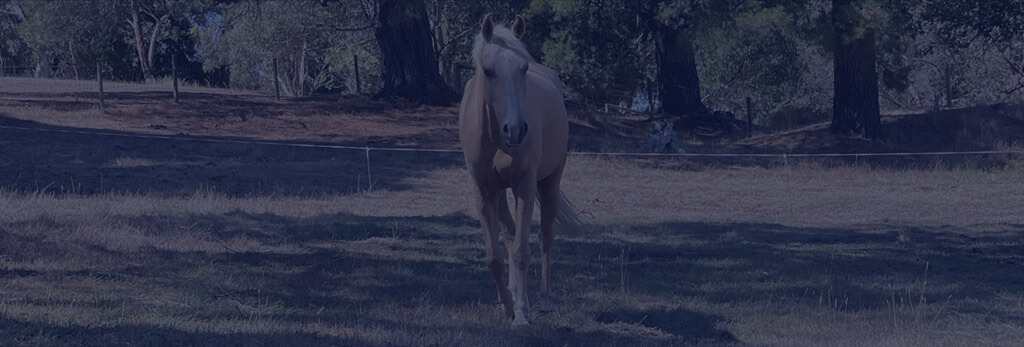PsycFlex – Adelaide Hills Equine Assisted Psychotherapy
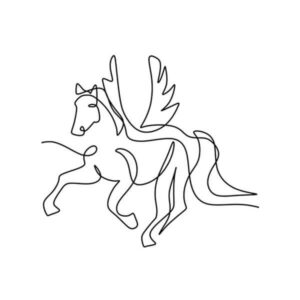
Equine Assisted Psychotherapy (EAP) is a professional, innovative, and experiential approach to counselling, psychotherapy, and mental health. It supports clients of all ages in addressing their wellbeing and therapeutic goals, with horses as assistants, supports, and co-facilitators in the process of creating healing and change.
What is Equine Assisted Psychotherapy?
At PsycFlex, we offer a unique and transformative approach to mental health through Equine Assisted Psychotherapy (EAP). Nestled just outside of Charleston in the serene Adelaide Hills, our therapy sessions integrate the power of horses to promote emotional healing and personal growth. EAP is a complementary therapy service that enhances our core offerings of counselling, coaching, and hypnotherapy. Helping you foster success and resilience to achieve optimal happiness and thrive in today’s world.
Equine Assisted Psychotherapy (EAP) is an innovative therapeutic approach that involves interactions with horses as a central part of the treatment process. Unlike traditional talk therapy, EAP provides a dynamic and experiential form of therapy where clients are invited to participate in relational experiences with horses to address therapeutic goals.
The therapy is underpinned by psychotherapy and gestalt therapy principles balanced with the understanding that horses, as sentient and responsive beings, can co-facilitate a powerful and connecting therapeutic alliance to help clients explore their emotions, behaviours, and thought patterns in a safe and supportive environment.
EAP is different to, and sometimes confused with other non-therapy forms of equine assisted interventions including equine assisted learning, equine assisted activities, therapeutic riding, riding for the disabled, and assistance animal services such as assistance dogs and horses, or emotional support animals. However, EAP requires a registered or certified professional trained in social sciences and psychotherapy principles for example an accredited psychologist, counsellor, psychotherapist or allied health professional to deliver the service.
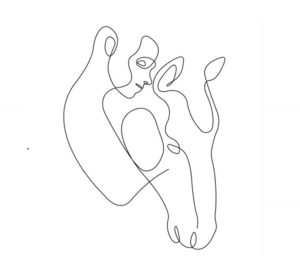
Benefits of Equine Assisted Psychotherapy
Some of the reported benefits of equine assisted psychotherapy include:
- Feeling emotionally safe being with a non-judgmental other
- Supporting people to slow down and regulate their nervous system
- Increased engagement, motivation and interest in therapy
- Increase awareness and mindfulness and all the associated benefits of mindfulness
- Improved social skills
- Increased emotional awareness and regulation
- Increased empathy skills
- Increased window of tolerance and ability to manage intolerance
- Improved confidence and self-esteem
- Stress reduction and better skills coping with stress
- Increased capacity for self-care and healthy boundary setting
- Finding meaning and meaningful connection
- Thinking outside the box, gaining new perspectives
- Promoting healthy movement, action and body wellness
- Increase problem solving
- Increase attention and focusing skills
- Access to joy, play, expression and the associated benefits of happiness and freedom of expression
- Learning about healthy relationship
- Overall wellbeing benefits of being connected to nature
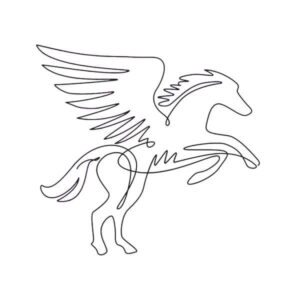
The Power of Healing With Horses
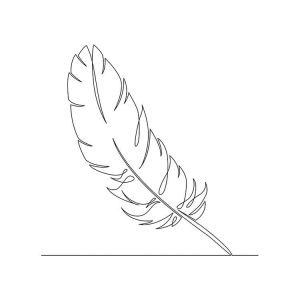
Treating Anxiety Disorders
Equine Assisted Psychotherapy is particularly beneficial for individuals dealing with anxiety disorders. The interaction with horses can help lower anxiety levels by providing a grounding and calming influence. Through EAP, clients learn to manage their anxiety symptoms more effectively, build resilience, and develop healthier coping strategies.
Addressing Mood Disorders and Depression
EAP has shown significant positive outcomes for those suffering from mood disorders and depression. The physical activity involved in caring for and working with horses can boost mood and energy levels. Additionally, the emotional connection and sense of responsibility fostered through EAP can help clients feel more engaged and purposeful, combating feelings of sadness and hopelessness.
Healing Trauma and PTSD
Equine Assisted Psychotherapy is highly effective in treating trauma and PTSD. The gentle and intuitive nature of horses helps trauma survivors feel safe and understood. Horses respond to non-verbal cues and can sense emotional distress, providing immediate feedback and support. This interaction allows clients to process traumatic experiences, rebuild trust, and develop a sense of safety and control. EAP helps in reducing symptoms of PTSD, such as hypervigilance, flashbacks, and emotional numbness, facilitating a path towards healing and recovery.

How Equine Assisted Psychotherapy works
Horses have a unique ability to mirror human emotions and behaviours, offering immediate and honest feedback to clients. This non-judgmental interaction helps individuals gain deeper insights into their feelings and actions, fostering a stronger connection to themselves and their surroundings. The calming presence of horses also aids in reducing stress and anxiety, promoting a state of mindfulness and relaxation.
The Role of the Horse
Horses are beautiful, intelligent, sensitive, and strong animals. People are often attracted to horses for their beauty and size, as a literal and symbolic representation of power, expression, and freedom. This attraction can evoke strong feelings and responses, bringing to light unconscious emotions and needs. These feelings then become available for therapeutic attention and processing, which is crucial for emotional healing.
Sometimes, intense emotions like fear, panic, sadness, grief, anger, and rage can surface for the first time during EAP sessions, allowing them to be processed therapeutically. Calm and healthy horses provide an emotional and sensory environment conducive to calmness and the development of trust. Unlike human interactions, horses offer non-judgmental responses and acceptance. Healthy horses seek closeness with people, triggering clients’ yearnings for closeness, affection, and connection in a safe environment. This emotional safety and trust engage the client’s brain-body responses, forming new neural pathways and body memories for safety in relationships.
Living in the present moment with awareness and authentic contact is natural for horses in a herd environment. These qualities are crucial for human health and wellness, enabling individuals to live in the present, be aware, and maintain healthy, honest, and creative relationships. These skills can be developed in EAP sessions through equine experiences, specific facilitation, and psycho-education about ‘the way of the horse’ or horse wisdom.
The I-Thou Relationship
At the core of EAP is the I-Thou relationship, a concept developed by philosopher Martin Buber. This relationship is characterized by mutual respect, presence, and genuine connection. In the context of EAP, the I-Thou relationship between the client and the horse creates a space for authentic interactions, where clients feel seen and valued. This deep connection can lead to profound emotional healing and personal growth.
As social herd animals, horses are oriented toward connection and relationship. This unique relational orientation allows clients to explore their experiences in relationships and develop new behaviours. Horses offer authentic contact, expressing their feelings without judgment, providing clients with a corrective emotional experience and opportunities to build relational skills and brain-body connections that may have been missing or underdeveloped.
Horses also model various forms of leadership relationships, enabling clients to explore different leadership styles in their personal and professional lives. Horses require clear and congruent leaders, and exploring leadership with horses can be a rich way to develop successful leadership skills.
Principles of the Theory of Change
EAP is grounded in the principles of the theory of change, which emphasizes the importance of experiential learning and emotional regulation. Through activities with horses, clients can practice new behaviours and coping strategies in a safe environment. The immediate feedback from the horse allows for real-time learning and adjustment, facilitating lasting change. These principles help clients build self-awareness, improve emotional regulation, and develop healthier interpersonal relationships.

Initial Consultation
If you are not already a PsycFlex client and you are considering EAP as a therapy you would like to try it is recommended you first book an initial consultation counselling session to help identify your therapy goals and ensure EAP is tailored to your specific needs. During this session, we will assess your mental health concerns and determine how EAP can best support your wellbeing.
This personalised approach helps us create a therapy plan that maximizes the benefits of working with horses.
Location and Contact us
Our tranquil EAP location just outside of Charleston in the Adelaide Hills provides an ideal setting for Equine Assisted Psychotherapy. The natural surroundings contribute to a peaceful and reflective therapeutic environment.
Ready to embark on your healing journey with Equine Assisted Psychotherapy? Contact PsycFlex today on 0416 207 820 to schedule your initial consultation and discover the transformative power of therapy with horses.

